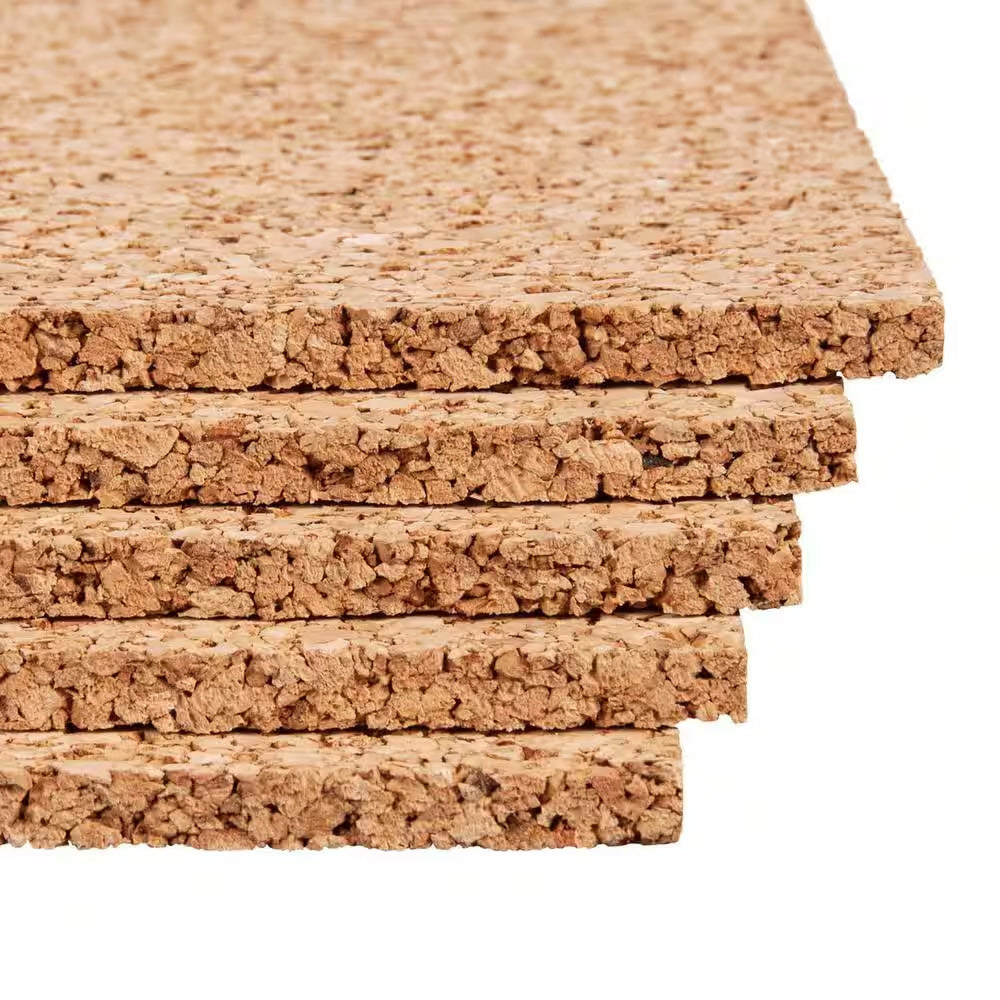Do I Need a Moisture Barrier if I’m Also Purchasing the Cork Underlayment?

Yes, if you are installing over concrete. No, if it’s going on the second floor or above.
If you’re planning to use cork underlayment with your flooring, you might be wondering whether a moisture barrier is still necessary. The short answer depends on where you're installing the floor and what your subfloor is made of.
What Does Cork Underlayment Do?
Cork underlayment is a popular choice because it adds sound insulation, comfort underfoot, and a bit of thermal protection. It’s also eco-friendly and often used under floating floors like laminate or engineered hardwood.
But one thing cork doesn’t do? Block moisture.
Why a Moisture Barrier Is Still Important
If you're installing your flooring over a concrete subfloor, you absolutely need a moisture barrier—even if you’re using cork underlayment. Concrete naturally releases moisture over time. If that moisture rises into your flooring without a vapor barrier in place, it can lead to mold, mildew, swelling, or damage to your flooring.
To prevent this, you should always install a 6-mil plastic moisture barrier directly on top of the concrete before laying your cork underlayment.
When a Moisture Barrier May Not Be Needed
If your subfloor is wood and located on the second floor or above, the risk of moisture intrusion is much lower. In these cases, cork underlayment on its own may be enough. However, it's still a good idea to check the recommendations from your flooring manufacturer—especially if you live in a humid climate or want to be extra cautious.
Final Thoughts
Cork underlayment is great for sound and comfort, but it does not protect against moisture on its own. If you're installing over concrete and skip the moisture barrier, you’re putting your floor at risk of serious issues like mold and mildew.
When in doubt, protect your investment: use a moisture barrier over concrete.
















